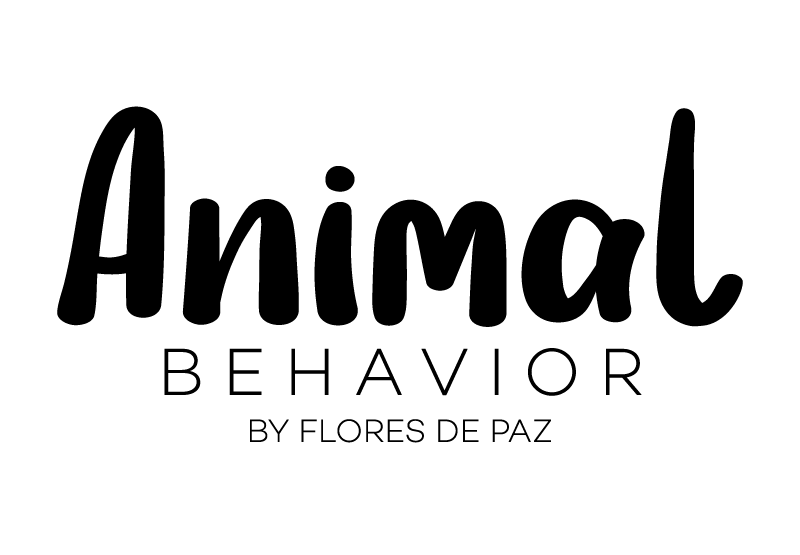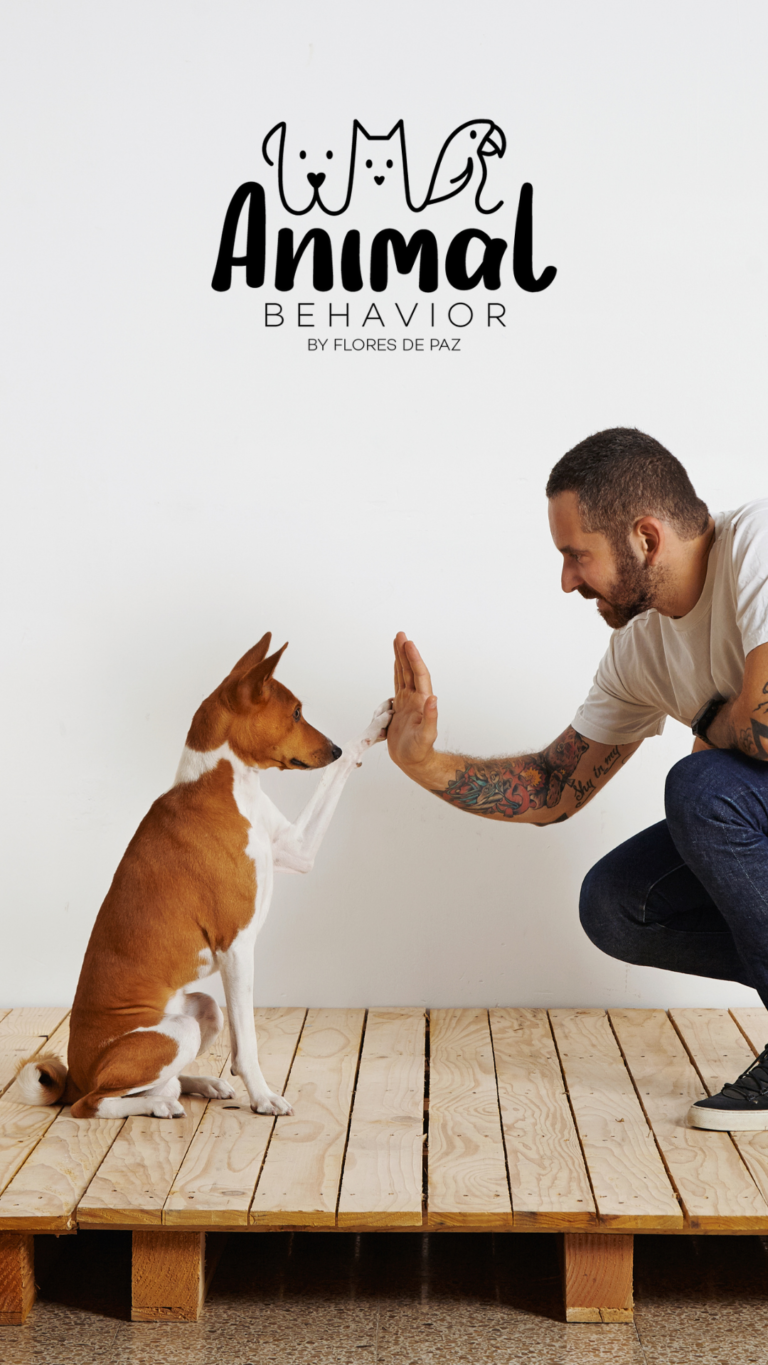Dogs, just like humans, can experience stress in various situations in their daily lives. Stress can be triggered by changes in the environment, social interactions, loud noises, vet visits, owner’s absence, and other stress-inducing factors. While stress itself is not necessarily harmful (positive stress), if not managed properly, it can lead to the development of undesirable behaviors in dogs (negative stress). Today, we will explore the relationship between stress in dogs and its impact on undesirable behaviors, as well as some strategies to help your pet cope with stress in a healthy way.
Stress and Its Effects on Dogs:
Stress is a natural response of the body to situations perceived as threatening or challenging. In small doses, stress can be beneficial as it helps dogs adapt and respond to new situations. However, when stress becomes chronic or overwhelming, it can have negative effects on dogs’ physical and mental health, as well as their behavior.
Chronic stress can lead to a range of undesirable behaviors in dogs, such as:
- Separation anxiety: Stressed dogs may show anxiety when separated from their owners, which can manifest as excessive barking, object destruction, inappropriate elimination, and restlessness.
- Aggression: Chronic stress can trigger aggressive behaviors in dogs, such as growling, biting, and displaying threatening behaviors.
- Hyperactivity: Some stressed dogs may become hyperactive, displaying excessive energy and difficulty in relaxing or staying still.
- Destructive behaviors: Stress can cause dogs to chew on or destroy objects in their environment, such as furniture, shoes, or toys.
- Elimination problems: Stress can contribute to inappropriate elimination, such as soiling in the wrong places inside the house.
Strategies to Help Your Dog Cope with Stress:
- Identify stress triggers: Observe your dog’s environment and situations in which they show signs of stress. Keeping a record can be helpful in identifying specific patterns and triggers.
- Create a safe environment: Provide your dog with a calm and secure space at home where they can relax and rest. Ensure they have access to fresh water, a comfortable bed, and suitable toys.
- Establish routines: Dogs feel safer and more relaxed when they have a consistent daily routine. Try to maintain regular schedules for feeding, walks, and playtime.
- Provide mental enrichment: Games of search and find, interactive puzzles, and obedience training can help distract your dog and stimulate their mind, reducing stress.
- Avoid punishment: Physical or verbal punishment can increase stress and fear in dogs, exacerbating undesirable behaviors. Instead, use positive reinforcement techniques to reward desirable behaviors.
Stress in dogs can have a significant impact on their behavior and overall well-being. Identifying stress sources and providing appropriate management strategies is crucial in helping your pet cope with stress in a healthy way. Remember that each dog is unique and may require personalized approaches. By providing a safe environment, establishing routines, offering mental enrichment, and using positive reinforcement techniques, you can help your dog reduce stress and prevent undesirable behaviors. If stress persists, don’t hesitate to seek our assistance as professional canine behaviorists for further guidance. Together, we can help your dog live a happier and more balanced life.



